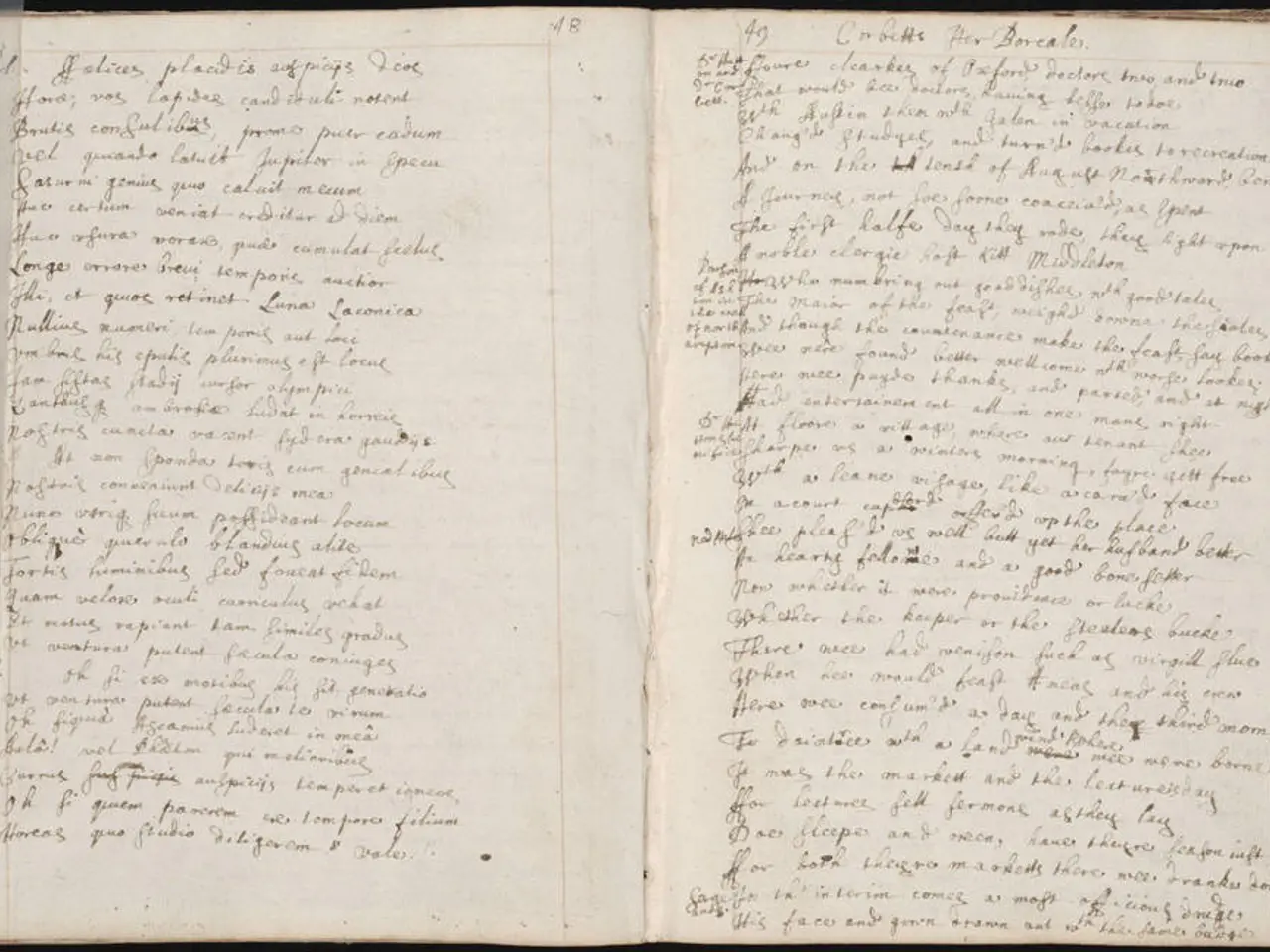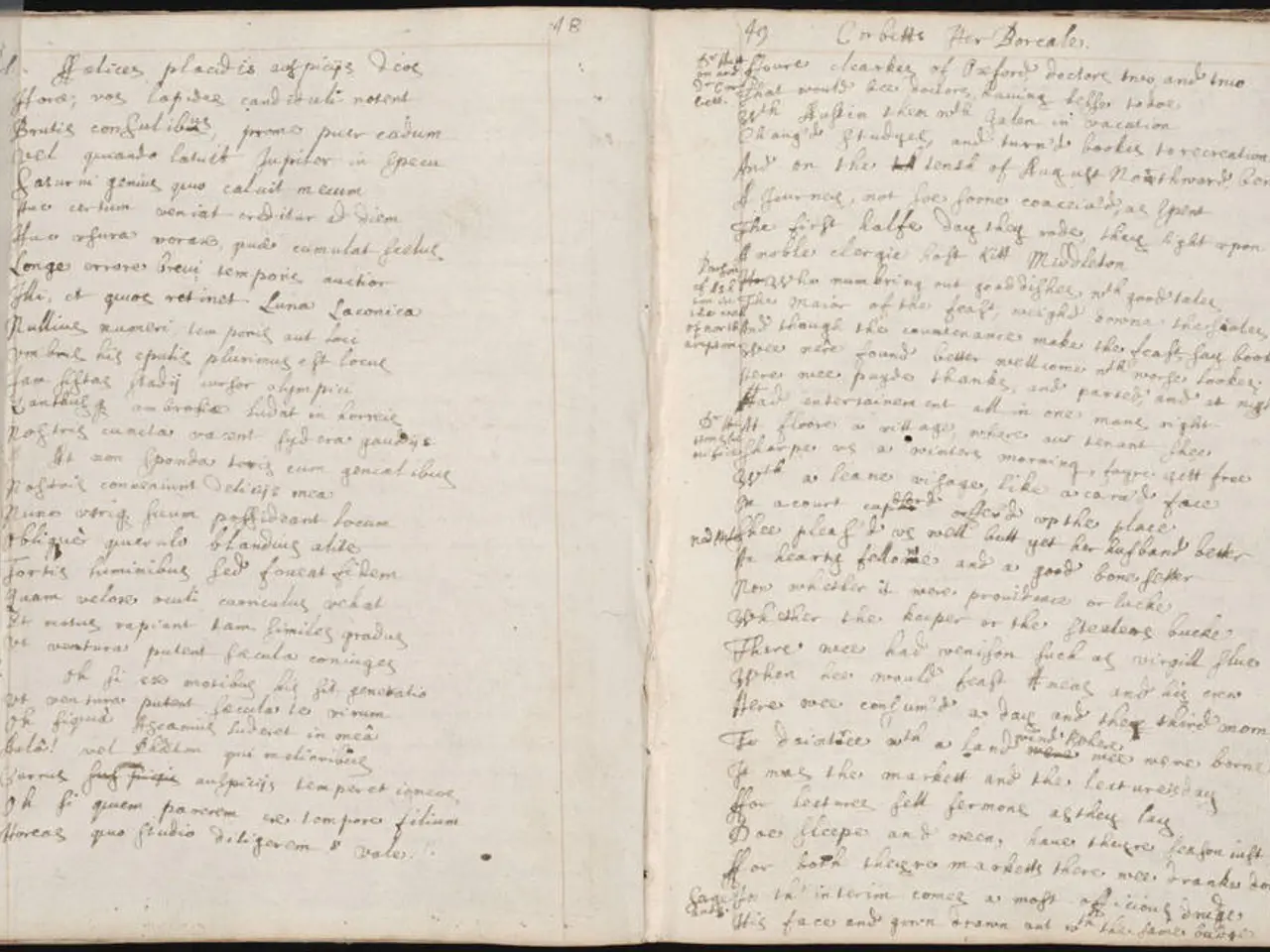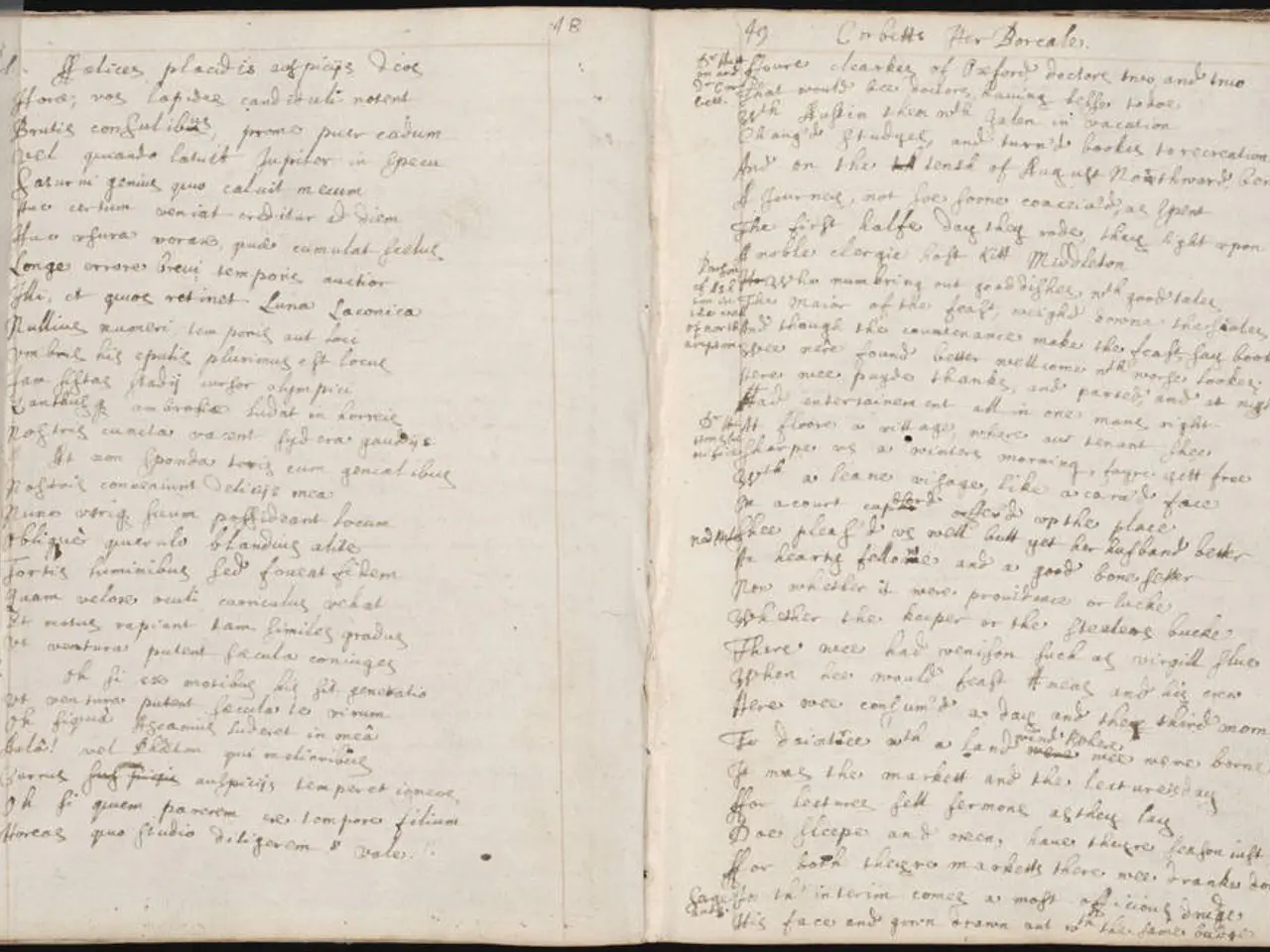India clinches chess dominance as Divya Deshmukh triumphs in the World Cup
India's Chess Revolution: A New Era of Global Dominance
India's chess scene has been on a remarkable journey, transforming from a humble beginning to a global powerhouse. This metamorphosis can be traced back to the rise of Viswanathan Anand, who not only put India on the chess world map but also inspired a new generation of players.
Viswanathan Anand's Pioneering Role
Anand, who became India's first Grandmaster in 1987, was the trailblazer who demonstrated that India could produce world-class chess talents. His four World Chess Championship titles (FIDE in 2000 and the unified title in 2007, 2008, 2010, and 2012) made him a national icon and an inspiration for countless Indian players.
Rising Stars
Following Anand, Indian chess has seen a surge in highly talented young players. One such prodigy is Divya Deshmukh, a 19-year-old from Nagpur. In 2025, she won the FIDE Women’s World Cup, defeating veteran Grandmaster Koneru Humpy in a tiebreak final. This triumph earned Divya the Grandmaster title, making her the 88th Indian GM and the 4th Indian female GM.
Another rising star is Gukesh Dommaraju, one of the youngest GMs in history. His rapid rise in global rankings and notable tournament successes continue the legacy of India's rapid ascension in global chess competitions.
A Supportive Environment
The progression in Indian chess is supported by a robust infrastructure of coaching, competition, and a cultural embrace of chess as a national sport. Early pioneers like Rohini Khadilkar laid the groundwork for female participation in championships since the 1970s. Koneru Humpy's achievements as Asia's youngest Woman International Master in 1999 and India's youngest Woman Grandmaster in 2001 paved the way for succeeding female players like Divya Deshmukh.
A Nationwide Ecosystem
Chess clubs and coaching centers in India are multiplying, creating more opportunities for aspiring players. The chess culture in India, started by Viswanathan Anand, continues to thrive and grow, transforming the game into a nationwide ecosystem.
Recent events have further solidified India's position in the global chess scene. On one hand, Divya Deshmukh won the World Cup in chess on Monday. On the other hand, Koneru Humpy won the World Rapid Chess Championship title in a separate event. The culmination of decades of quiet, strategic ascent in Indian chess has led to a revolution in the game.
India is not just producing stars but is nurturing a new generation of chess players. The rise of Gukesh Dommaraju and Divya Deshmukh are significant milestones in this ongoing chess revolution in India. Grandmasters are beginning to emerge from various regions of India, such as Tamil Nadu, Gujarat, Maharashtra, West Bengal, and Telangana.
If you want details on the specific contributions and careers of Gukesh Dommaraju or an extended timeline on Indian chess development, please let me know. The Indian chess story is far from over; it's just getting started.
- Opinion: The meteoric rise of Indian chess players such as Divya Deshmukh and Gukesh Dommaraju suggests that we are witnessing a cultural shift in the nation's opinion about the importance of the game.
- Business: The proliferation of chess clubs and coaching centers in India indicates a burgeoning business opportunity, transforming the game into a significant economic player in the country.
- Entertainment: India's dominance in global chess competitions has captured the attention of media outlets, making chess an increasingly popular source of entertainment and news.
- History: The story of India's chess revolution can be traced back to the pioneering role of Viswanathan Anand, whose achievements set the stage for a new era of global dominance.
- Travel: If one were to explore the diverse land of India, the chess revolution offers a compelling reason to delve into the myriad of stories unfolding in the various regions, each nurturing their own pride and passion for the game.








